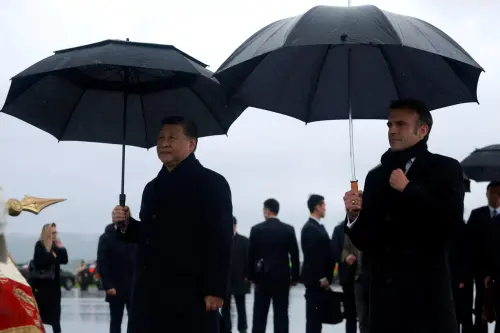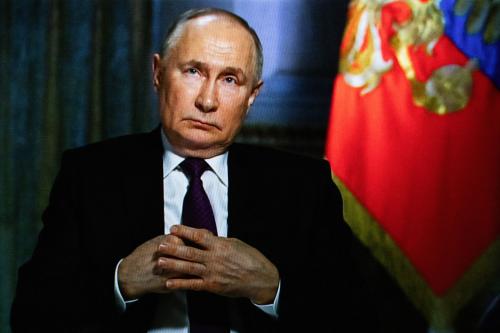Two years after the bitter U.S.-German divide over Iraq, a number of opinion polls suggest that anti-American feelings are growing worldwide. European societies are one locus of a swell in resentment against the United States. In Germany, the increase in anti-Americanism has often been seen as a revival of the recurrent German obsession with American power that has surged many times in recent history, such as at the turn of the 20th century, during the interwar period, throughout the 1950s, and in the era of testy debates over nuclear missile deployment in the 1980s. However, neither anecdotal observation nor polling data, with their seductive appearance of precision, provide a complete picture of either the state or causes of anti-Americanism in Germany. The phenomenon can not be adequately grasped if the ideological expressions of its actors are taken at face value. The complexity of modern anti-Americanism and the current transformations in German society defy simple empirical observation or broad statistical data.
Consider the rapid change in public debate in the months following the September 11 attacks. Immediately after the attacks, over 250,000 Berliners gathered in front of the Brandenburg Gate to show their affection and solidarity with the people of the United States. During that event, almost the entire German government listened to American blues songs and to a speech by the U.S. ambassador. The most emotional moment occurred when many people started applauding before the Ambassador’s remarks could be translated. Soon Chancellor Schroeder’s promise of “unconditional solidarity” followed, and only a few weeks later the Social-Democrat/Green party coalition government narrowly survived a vote of confidence in order to send German troops to Afghanistan. Germany had once again proven itself a reliable ally.
But such bold statements were quickly overshadowed by opposing positions. Then President Johannes Rau, one of the speakers at the Berlin demonstration, was the first to express his concern about possible American overreactions to the terrorist attacks. He was swiftly joined by a number of church representatives and conservatives, such as former Deputy Defense Minister Willy Wimmer and Norbert Bluem, a former government minister and the icon of Rhineland-style social Catholicism. After the war in Afghanistan began in October 2001, these murmurs became louder and more pronounced, especially among the generation that had grown up under fascism. Thus, the opposition against the Afghanistan invasion began to encompass a broad number of public figures, such as Spiegel editor Rudolf Augstein, ex-chancellor Helmut Schmidt and Lothar de Maiziere, the head of the post-1990 GDR government. Prominent Social Democrats and labor union leaders asked the United States government to “immediately stop the bombardment of Afghanistan.” Gunter Gauss, a former member of the late Willy Brandt’s government, denounced the “unscrupulousness of carpet bombing and the use of cluster bombs.” Finally, the Vice-President of the German parliament, Antje Vollmer, expressed concern that the U.S. was prepared to “convert the war against the Taliban into a world-wide campaign against an unlimited number of potential fallback territories.”


Commentary
Anti-Americanism and Ambivalence in the New Germany
January 1, 2005